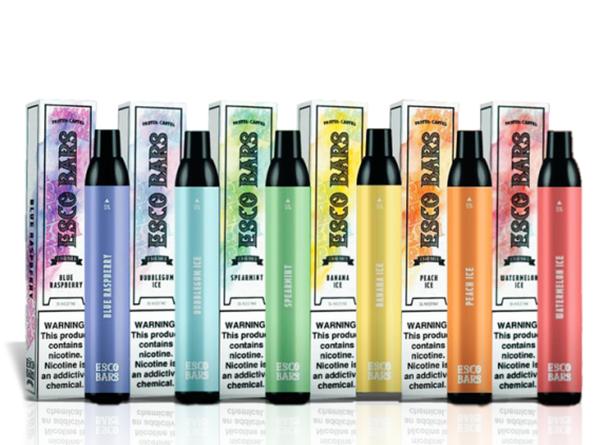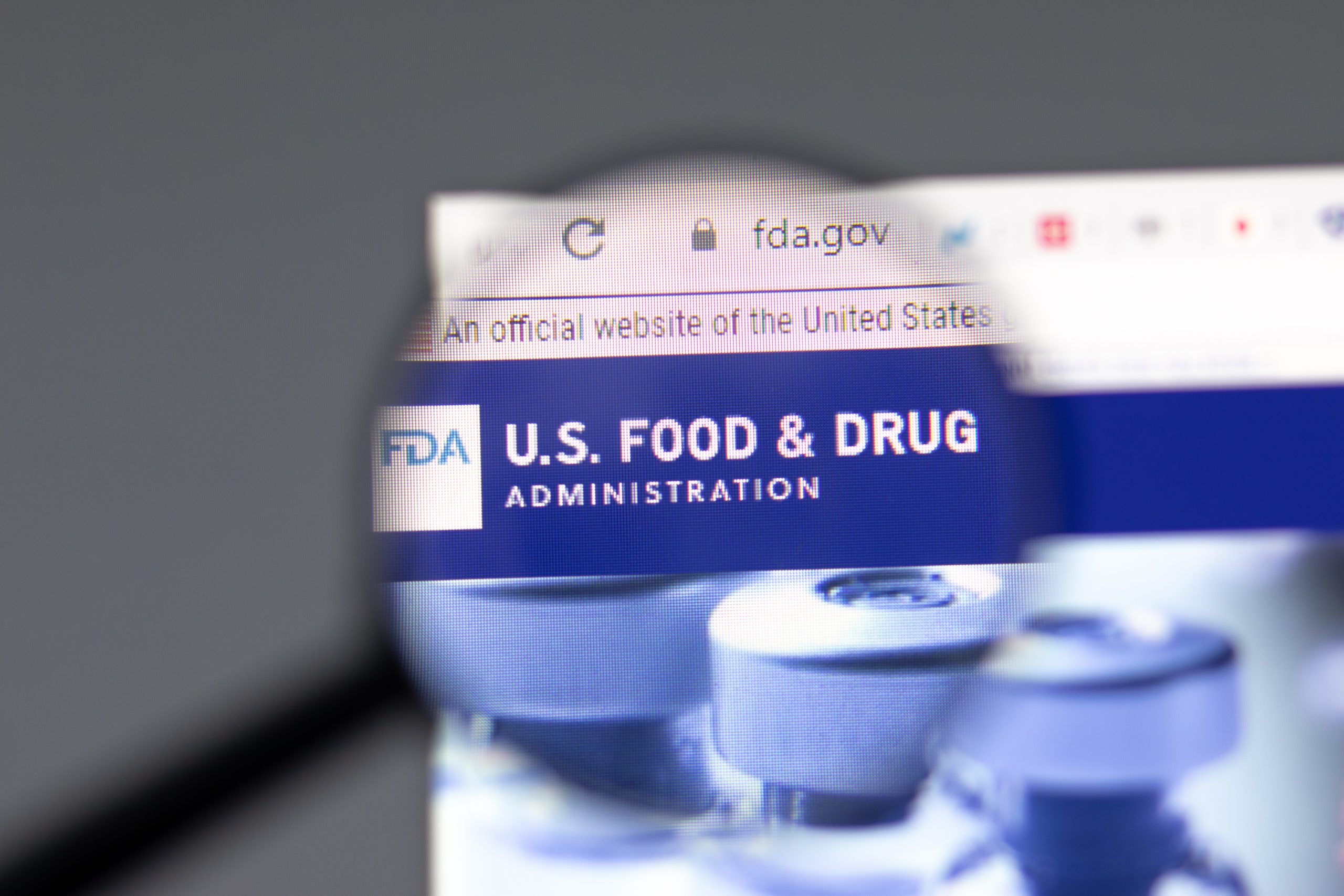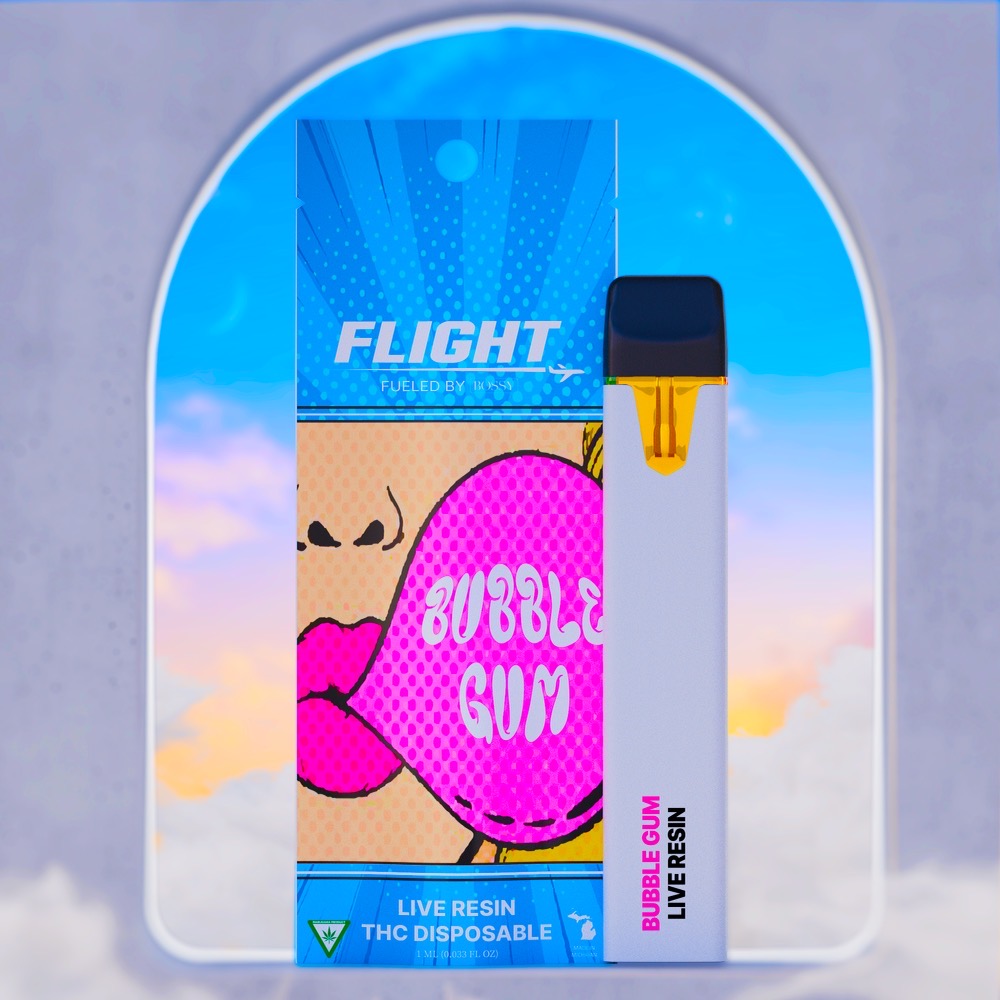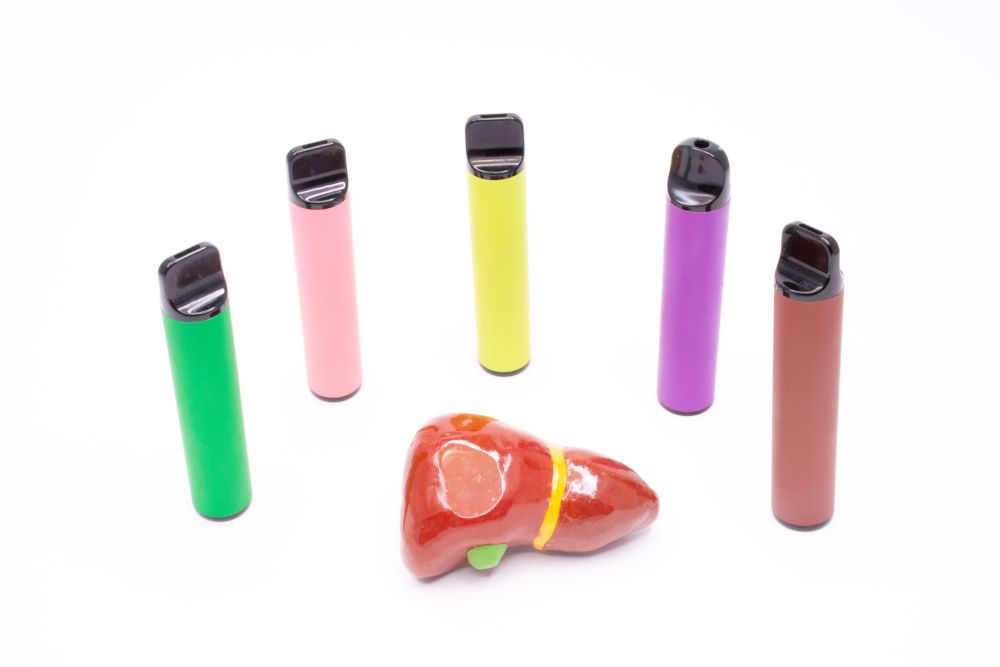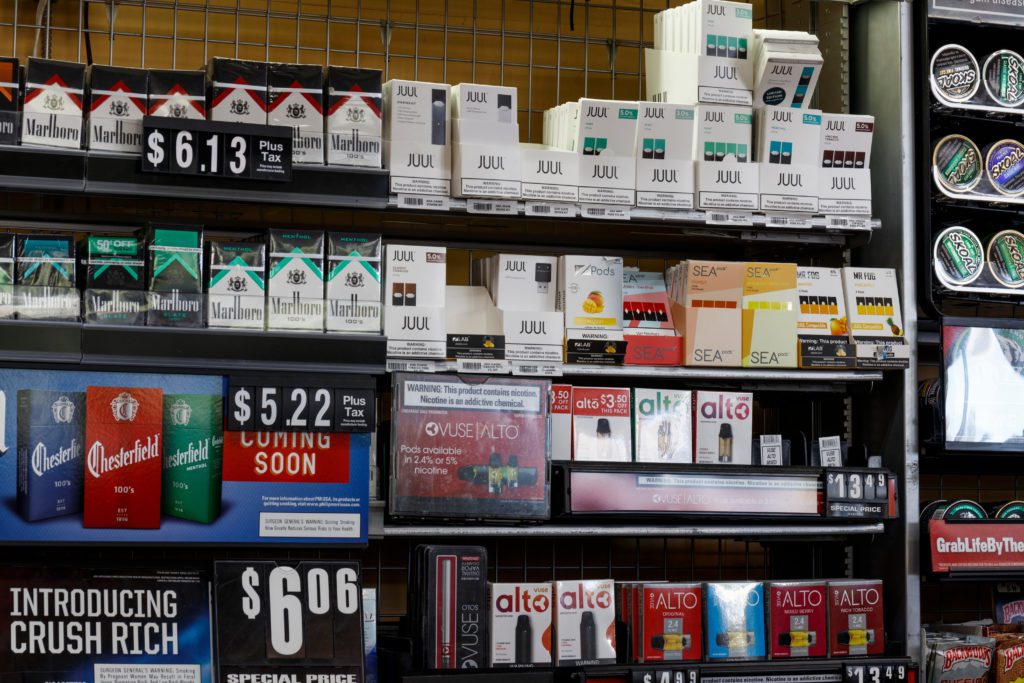
Goldman Sachs Managing Director Bonnie Herzog highlighted some key concerns and risks identified by retailers in the survey, along with some key positives for the nicotine industry.
A recent survey shows convenience-store retailers, distributors and others who sell vaping and other tobacco products are cautious on the outlook for the category.
This finding comes from Goldman Sachs’ second-quarter 2023 Nicotine Nuggets survey, based on feedback from the New York-based company’s retailer and wholesaler contacts representing about 60,000 locations across the United States, according to CSP Daily.
Overall, 43 percent of respondents are more negative than the previous quarter in their outlook for the total tobacco/nicotine category in the last few months, citing economic constraints on the consumer, pressure on discretionary incomes, regulations, and tobacco list price increases driving consumers to trade down to cheaper products or exit the category.
Key concerns and risks that survey respondents identified included price elasticity and downtrading, Goldman Sachs Managing Director Bonnie Herzog highlighted in a report on the survey.
Recent price increases are forcing consumers to buy less, buy cheaper products or exit the category, she said. One respondent said the current pricing environment is not sustainable for the core tobacco consumer, and that pricing is starting to cut into demand above and beyond the industry 3-5 percent volume declines. In July, Altria took its third cigarette list price increase of 2023.
As manufacture list price increases reduce consumer options for affordable tobacco products, smokeless nicotine and e-cigarettes are benefitting, survey respondents said.
Respondents also expressed concern about the proliferation of black-market activity in flavored e-cigarettes as the FDA struggles to remove non-compliant products from the market, Herzog said. Continued premarket tobacco product application (PMTA) delays and marketing denial orders from the FDA on flavored products is benefiting the illicit market, respondents said. Significant traffic is moving to disposable flavored e-cigarettes.
Key positives from the report included growing sales of non-combustible alternatives and cigarettes continuing to drive store traffic, despite volume declines.
Several retailers pointed out accelerating trends for flavored disposable vapes and alternative oral nicotine pouches and e-cigarettes.
And while cigarettes are increasing in price, the segment remains an important category and traffic driver for retailers, as cigarettes make up more than a quarter of total inside sales, Herzog said.






